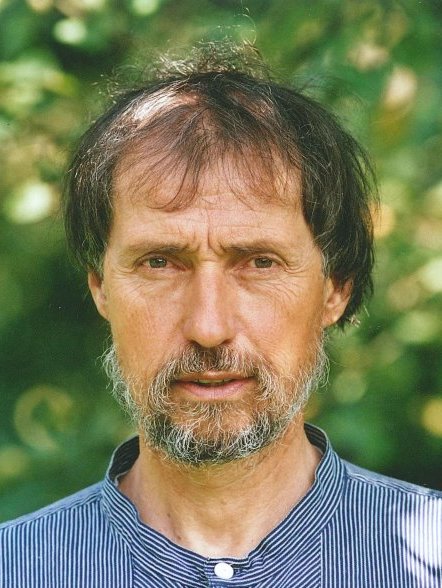Matthias Kuhle
1948 - 2015

Matthias Kuhle, physical geographer and a leading expert on high mountain regions from the University of Göttingen in Germany, died in the 7.8 magnitude earthquake that struck Nepal on April 25, 2015.
Kuhle was born in Berlin on April 20, 1948. His undergraduate studies at the Free University of Berlin spanned German philology, geography and philosophy. After graduating in 1972 he moved to the University of Göttingen where he was to remain for the rest of his career.
His PhD was in the natural sciences, specifically geography, geology and philosophy with a dissertation on the geomorphology and former glaciation of South-Iranian high mountains. Awarded his doctorate in 1975, he moved on to further research and achieved his habilitation in geography in 1980 with a monograph entitled Dhaulagiri- and Annapurna Himalaya: A Contribution to the Geomorphology of Extreme High Mountains.
In 1983 he became a Professor of Geography at the University of Göttingen and in 1990 was promoted to Professor of Geography and High Mountain Geomorphology.
Kuhle’s passion was high mountain regions but his academic interest was broad, spanning ecology, periglacial and glacial geomorphology, climatology, paleoclimatology and glaciology, as well as tourism and transport issues.
His specialism took him to the mountain ranges and plateaus of High and Central Asia, to the Andes and to the Arctic. In fact, he undertook more than 50 field expeditions to high mountain areas over the course of his career, many of them lasting for several months.
A particular research interest was seeking to reconstruct the former ice cover in High and Central Asia caused by the plate tectonic-induced uplift of the Tibetan Plateau and surrounding mountain areas above the snowline. Based on measurements of radiation energy and budget in these high altitude subtropical areas, he developed a theory that ice sheetcovered practically the entire Tibetan Plateau during the Pleistocene.
Kuhle produced a large number of academic papers on his field-based research in leading geography, geology and scientific journals. He also had an interest in science theory and co-authored a number of papers with his wife.
He was leading a student fieldtrip to Nepal, sharing his passion and knowledge for high mountains with the next generation, when the enormous earthquake struck. The group was in a remote area called Yaruphant just 10 miles from the epicenter and was caught in a rock fall; the students and assistant survived but Kuhle sadly died.
Kuhle leaves behind his wife, Sabine, and loving family.